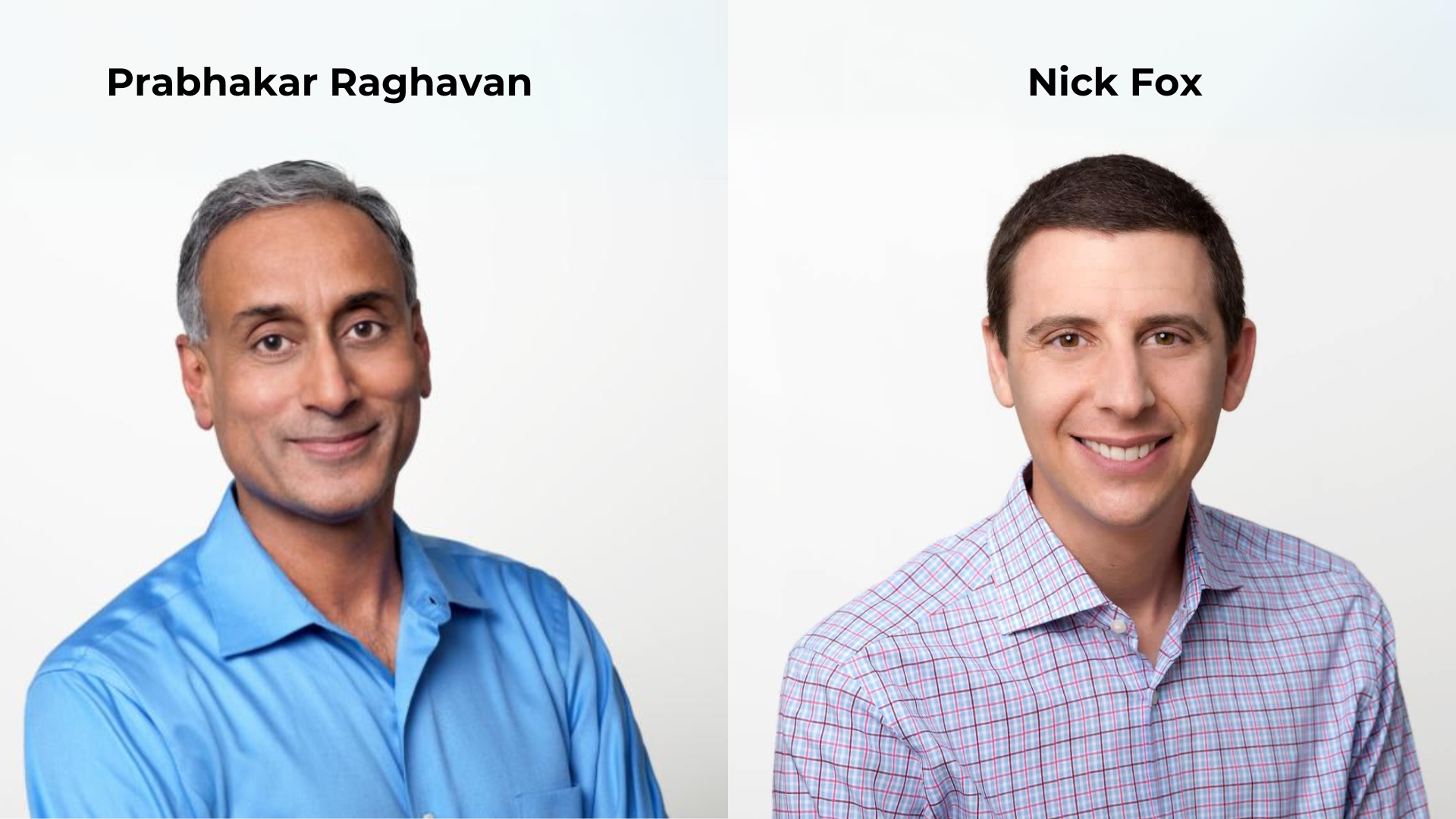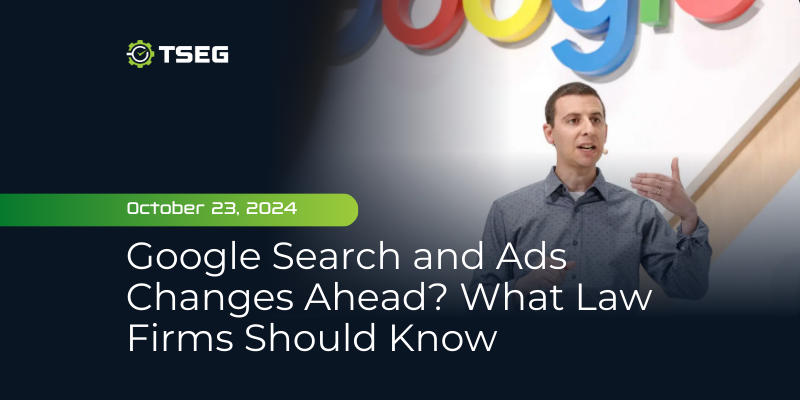Google Search and Ads Changes Ahead? What Law Firms Should Know
Posted on Wednesday, October 23rd, 2024 at 8:03 pm
A Major Change at Google
Prabhakar Raghavan, who has been leading Google’s Search and Ads operations, is transitioning into a new role as Chief Technologist. In this position, he will work closely with CEO Sundar Pichai, guiding Google’s efforts, particularly in artificial intelligence. Raghavan’s move comes as Google faces increasing legal pressure, with potential antitrust actions that could result in the company being divided into smaller entities. As Google addresses these challenges and shifts focus toward AI, this leadership change marks an important step in adapting to a competitive environment leading into 2025.
Past Criticism
During his tenure overseeing Search and Ads, Raghavan faced criticism for prioritizing ad revenue over the quality of search results. Some felt that this emphasis on monetization led to a decline in the user experience. However, his new role allows him to focus on technical leadership, moving beyond the ad-heavy focus and driving more substantial innovation at Google.

Nick Fox Steps In
With Raghavan stepping aside, Nick Fox, a long-serving Google executive, will now take over as the head of Google’s Knowledge and Information division. This role places him in charge of Search, Ads, and other major products that are central to Google’s success. Fox’s leadership will determine how these services develop, and his decisions will impact businesses across the board, including law firms. Any shifts in Google’s approach to search and advertising could influence digital marketing strategies, particularly how law firms attract new clients online. It will be essential for firms to keep a close watch on these changes as they unfold.
What This Means for the Future
Google has long been criticized for prioritizing ad revenue over enhancing the user experience, often pushing organic listings below paid ads. However, with AI becoming central to Google’s strategy, there may be a shift towards improving search quality. Google might focus more on user experience by making organic listings more visible, alongside integrating new AI-driven search features. Law firms relying on organic SEO could benefit from these changes, but they must remain cautious. If AI-generated answers or paid ads continue to dominate, maintaining visibility in search results could still be a challenge.
With Google’s search engine market share projected to drop below 50% by 2025 (according to eMarketer), competition from other platforms and AI-powered search tools like ChatGPT is increasing. This shift shows that user behavior is changing, and law firms may need to rethink their digital marketing approaches. Firms might consider expanding beyond Google, exploring options like Bing or other emerging AI-based search platforms.
To adapt, law firms will need to be flexible. Increased investment in paid search or AI-driven marketing tools could be necessary to remain competitive. AI can improve the search experience for users, but it may also make search optimization more complicated. This requires a fresh approach to SEO and content strategy. TSEG’s knowledge of legal marketing becomes even more valuable during such shifts. By staying informed on these changes, TSEG helps law firms maintain strong visibility and connect with clients, regardless of how Google’s search and ad systems evolve. Contact TSEG today to keep your firm competitive in a changing online environment.
